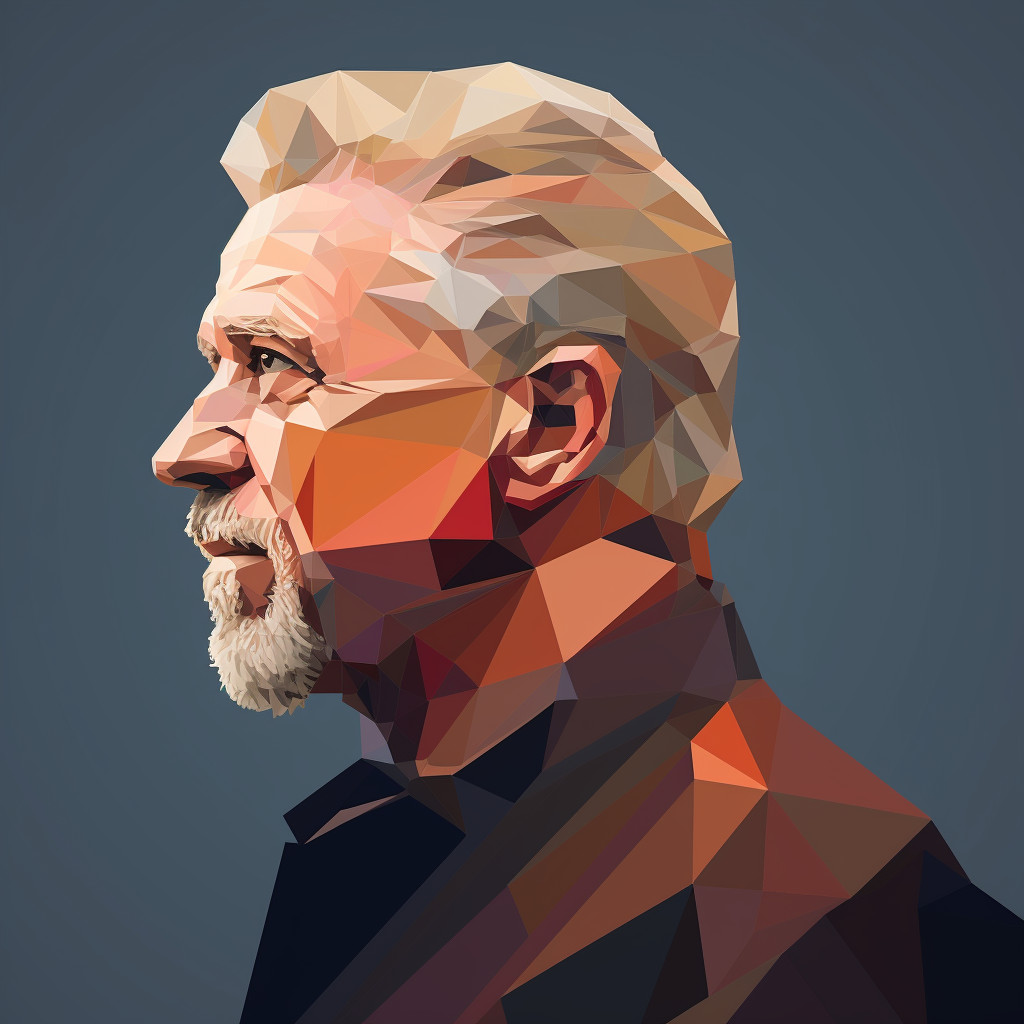This quote suggests a paradoxical relationship between conscious effort and subconscious thought. When we consciously try to forget something, our subconscious mind seems to hold onto it more tightly, leading us to think about it even more. This is due to the way our brain works. When we attempt to forget something, we are actually drawing more attention to it, thus strengthening the neural pathways associated with that memory or thought. This process is known as the “ironic process theory,” where attempts to suppress certain thoughts make them more persistent.
The quote can be seen as a caution against the counterproductive effects of denial or avoidance. Trying to forcefully forget a traumatic event, a bad habit, or an unpleasant experience might only serve to engrave it deeper into our subconscious. Instead, acknowledging it, understanding it, and learning from it can be more effective strategies.
In today’s world, this idea holds great relevance in personal development and mental health. For instance, the concept of mindfulness encourages us to embrace our thoughts and emotions, no matter how uncomfortable, rather than trying to avoid or suppress them. By acknowledging and accepting our thoughts, we can reduce their power over us and gain better control over our reactions.
In personal development, this idea suggests that instead of trying to forget our failures or negative experiences, we should reflect on them and learn from them. This can foster growth, resilience, and a better understanding of oneself. It can also help us to break free from negative thought patterns and behaviors, leading to more positive outcomes in the future.
Furthermore, in the context of learning and education, this quote suggests that cramming or forcing information into our minds might not be the best strategy. Instead, taking a more relaxed, engaged, and enjoyable approach to learning could lead to better retention and understanding.
In conclusion, this quote highlights the importance of understanding how our minds work and using this knowledge to our advantage in personal development and beyond.








